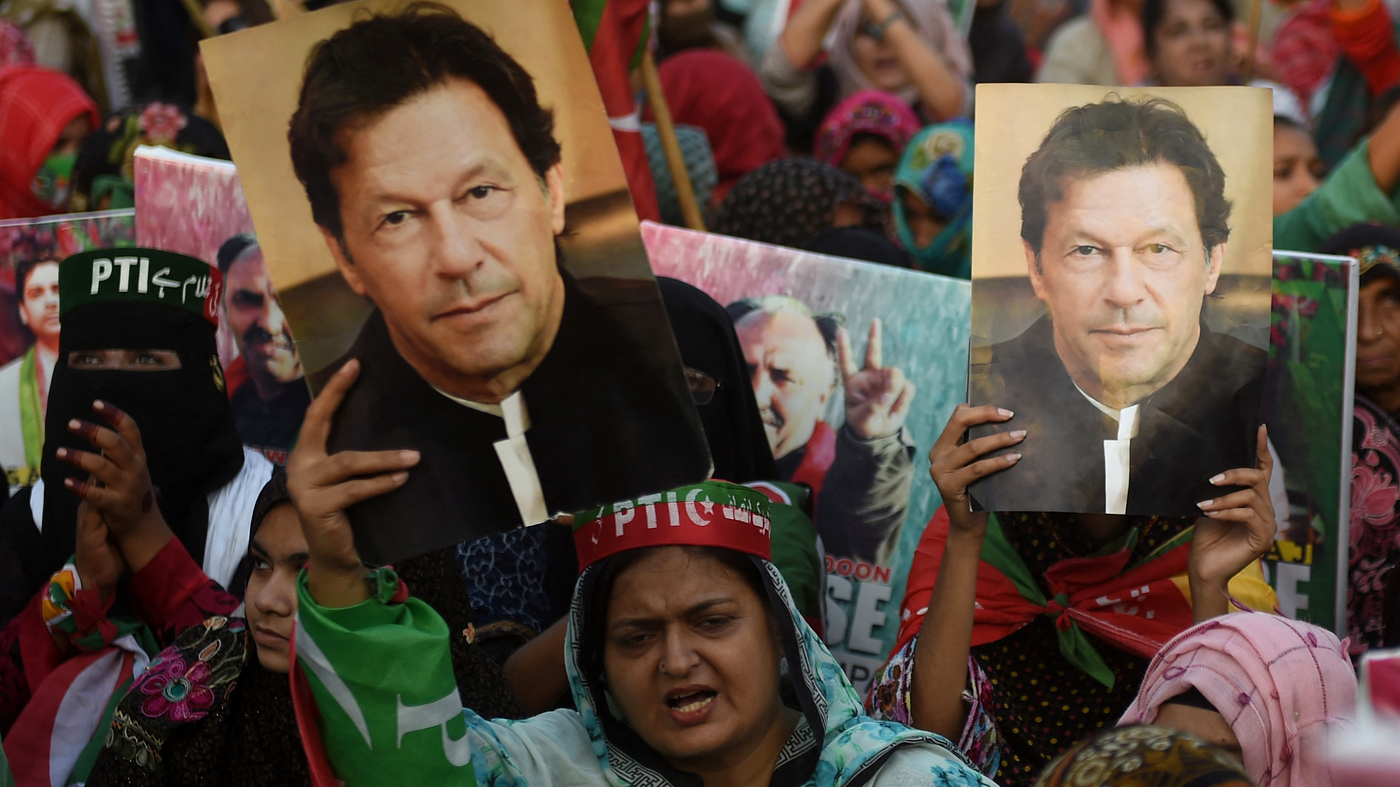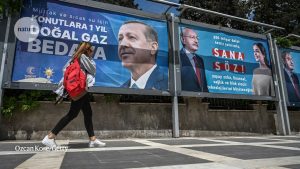
The ex-prime minister of Pakistan has been arrested
The arrest of Pakistan’s biggest political leader in the media and the media: “ISPR sahib” — The former prime minister’s “Dirty Harry”
ISLAMABAD – Pakistan’s paramilitary forces have arrested former Prime Minister Imran Khan in the capital Islamabad, in a move that threatens to escalate political tensions at a time of economic distress in the country.
The footage was shared by the media team of Khan’s party and showed the men breaking a window to get the former prime minister out of the room.
Following Khan’s detention, roads clogged with panicking commuters who rushed to pick up children from school and leave work, fearing protesters would block roads. Islamabad police issued an order banning demonstrations, as did authorities in Punjab, Pakistan’s most populous province. The seat of Khan’s power is in the capital city of Lahore. Supporters of Khan have ignored orders in the past.
The videos shared by Khan’s media team show the former prime minister’s supporters taking over a gate leading into Pakistan’s military headquarters in the city of Rawalpindi. Shouting “Allah Akbar,” or God is great, they are seen in videos using sticks to smash through the first gate that separates the compound from the road beyond.
“Pakistan’s biggest political leader was arrested,” wrote Asad Umar, one of Khan’s closest allies. The world can observe that there is no law and order in Pakistan. Umar said the committee had been formed by Khan’s party.
After the release of a statement against the former prime minister, the Pakistan military spokesman, Maj. Gen., warned him not to malign a serving officer.
Recently, Khan claims that a military intelligence official was in charge of a plot to kill him. To add insult to the allegations, Khan referred to him as “Dirty Harry,” from an old Clint Eastwood movie – allegations he doubled down on Tuesday, before reaching the court house.
“ISPR sahib,” Khan said in a video statement on Twitter, referring to the military spokesman, “when an institution takes action against black sheep, it improves its own credibility. According to the comments reported in the Dawn newspaper, he said that an institution which catches corrupt people strengthens itself. “It is my army, my Pakistan not just yours. It is our army.”
Pakistan’s political crisis has worsened an economic crisis that has caused food prices to soar and pushed millions close to starvation. There are concerns that the country could default on its debt, owing to its thin foreign currency reserves.
Pakistan’s military has repeatedly signaled that it does not like, or trust Khan, after working closely with his coalition government. It is an irony not lost on many Pakistani analysts who say that it was the army who helped propel Khan’s political fortunes, and paved the way for him to win elections in 2018.
Khan’s supporters have also shared videos showing men clutching sticks and clubs, smashing up a home they identified as belonging to a senior military official in the Pakistani city of Lahore. Supporters held demonstrations outside other military compounds. The videos have not been verified by NPR.
Khan appeared in an Islamabad courthouse on Tuesday to attend a session of one of the dozens of cases he is embroiled in. The protests started when footage was shared by Khan’s media team showing men breaking a window with their batons to get the former prime minister out of the room.
Predictability and instability: what will we learn from the next few days if Pakistan’s leadership becomes a threat to the security system?
“We are poised on a knife’s edge. The next few hours and next few days are going to be crucial in determining the short-term prospects for stability here,” says Mosharraf Zaidi, a columnist who heads a think tank, Tabadlab.
“Rising temperatures, potential conflict, hopefully smaller pockets of violence and hopefully nothing too serious but at this point, a lot will depend on Khan’s leadership,” Zaidi says.
“Ironically, for the instability and unpredictability of the moment,” he says, “there’s a counterfactual to that, which is the predictability of Pakistan: if you are a popular Pakistani politician, you end up in jail.”

